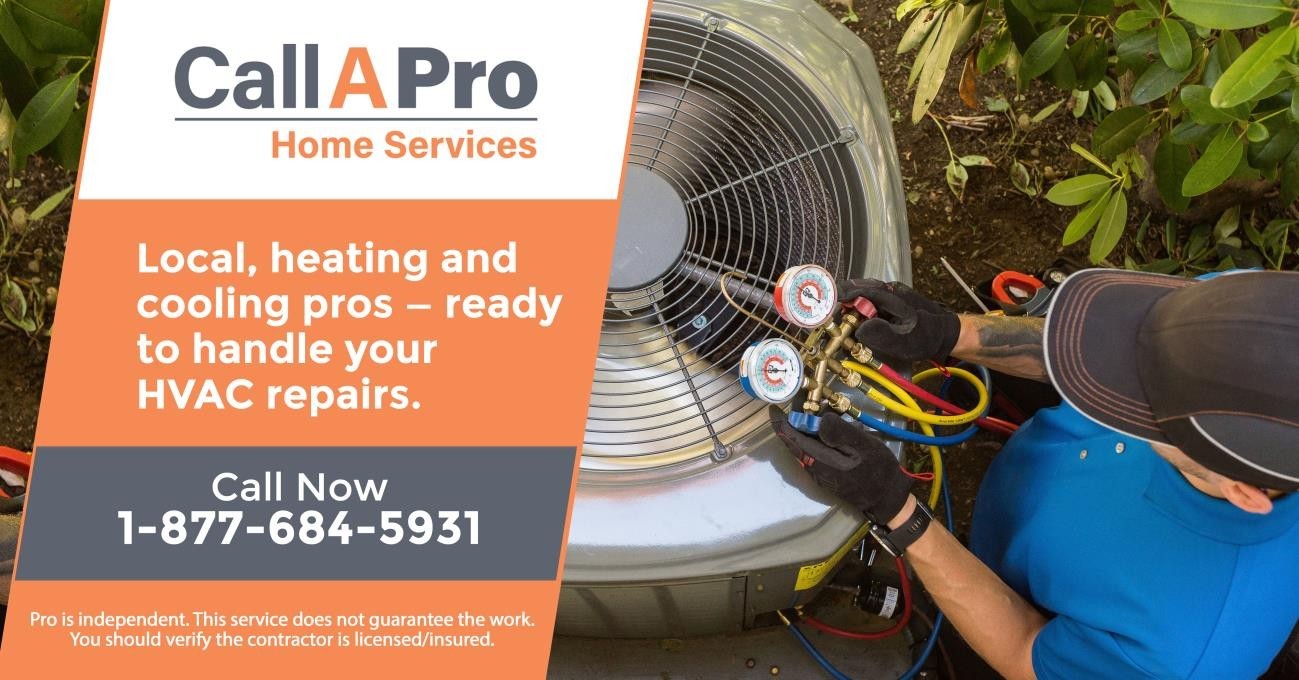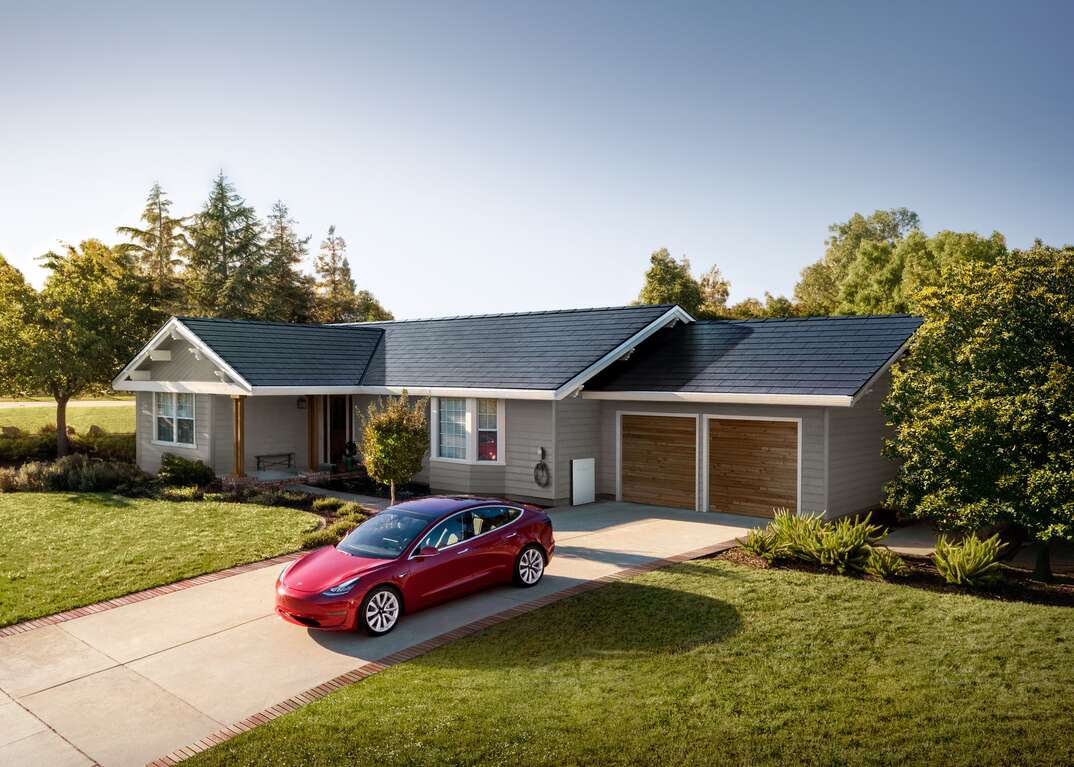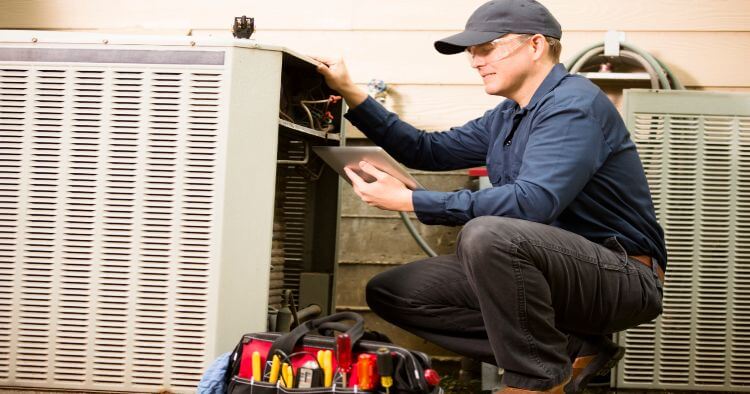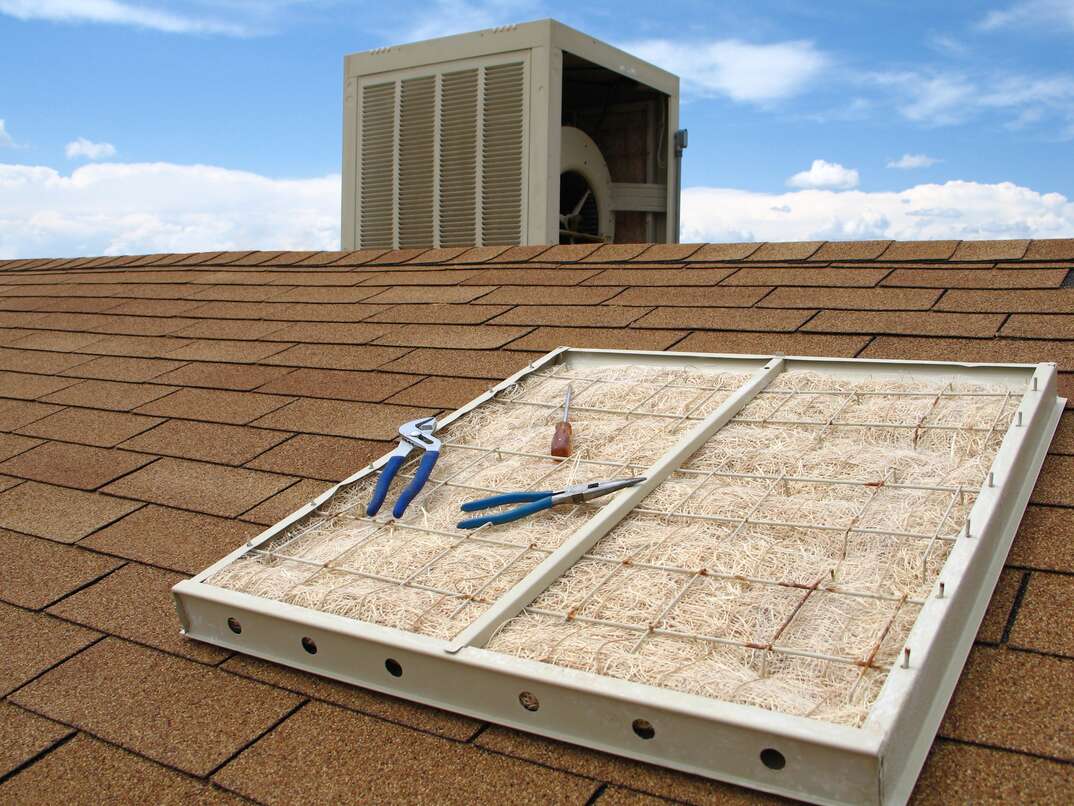8 possible reasons why you have no Hot Water
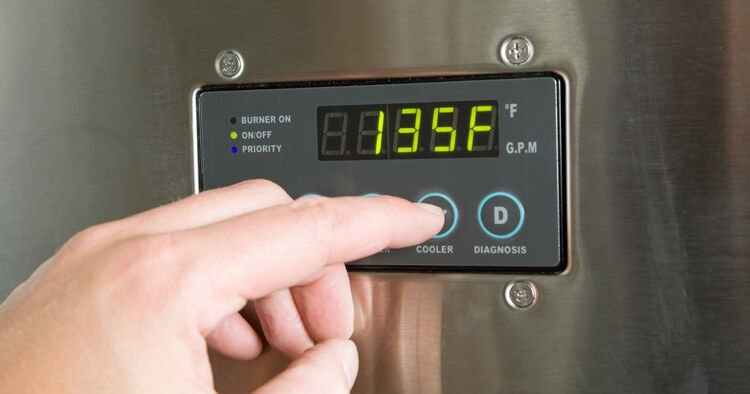
8 Things to Consider If You Have No Hot Water in Your Home
When you turn on your sink or shower, you expect hot water to come out. Finding no hot water and having to take a cold shower streaming out can be unpleasant in more ways than one. In addition to the shock of the ice cold water, you might also start to worry about the energy efficiency of your water heater or if you have a natural gas leak. Before you let your mind go to the worst case scenario, rest assured there are many reasons as to why there is no hot water in your home. To start troubleshooting, find out if your home has a gas or electric water heater. Here are some common reasons for water problems and how to fix them.
1. Leaking Tank
In order for a water heater to do its job, there has to be water in the tank. If there is no hot water, it probably means that the tank is leaking. An empty tank is a serious problem and is not at all energy efficient. Inspect the connections between the appliance and its valves as well as the pipes. If those are secure, check the tank's compartment. If there is water in the compartment, it's most likely time to replace the appliance.
2. Gas Leak
A natural gas leak coming from your water heater is inconvenient as well as dangerous. If you suspect that gas is leaking, call your gas company as soon as possible. The gas company's technician is a professional, but his focus is not to repair your hot water heater. The next steps depend on his assessment of the appliance. If there is a natural gas leak, the gas company will work on solutions in their realm. If there is no gas leak, your troubleshooting journey continues.
3. Electric Water Heater Malfunction
Energy efficiency is important when it comes to your water heater. Both an electric and a gas water heater can be effective at making sure you don’t wake up to no hot water in the house. But do you know the difference between a gas and electric water heater? The electric version, obviously, relies on electricity. If your home has no hot water, turn off the heater first. Then, reset the circuit breaker. If the breaker tripped, your home will receive hot water again after about an hour. A circuit breaker that continues to trip is a bad sign, so hit the reset button. If there is still an issue, speak with a qualified electrician.
4. Failing Gas Valve
Those who have a gas water heater and have no hot water should check the appliance's supply line. If there are no leaks, take a look at the gas valve. It must be secure and in the correct place. Then, double-check that the gas is on. If the gas valve is good to go, investigate the pilot light. You may need to re-light the pilot several times. It must stay lit. If it doesn't, the gas line could be the culprit because it is impeding the gas supply.
When none of these steps deliver hot water in an hour, it may be time to invest in an energy efficient new water heater. To be sure, call the professionals.
Keep in mind that there are additional costs to consider when replacing your water heater, and most homeowners choose between a traditional or tankless water heater.
5. Malfunctioning Thermostat
In order for a water heater to produce hot water and be energy efficient, the thermostat must be set between 122 and 140 degrees Fahrenheit. If there is no hot water or the supply is not adequate or is too hot, check the upper thermostat. If the thermostat is busted, it should be replaced. Lack of regular maintenance can cause issues even though the thermostat is working because of sediment buildup. To fix this, flush your water heater.
6. Tank Size
If your tank is too small, your household is not going to be energy efficient and is going to run out of hot water faster. Maybe the appliance did its job when it was just you and your spouse. As your family grew, however, so did the demand for hot water and a lot more hot showers. This means it's time for a larger hot water tank. When upgrading, keep in mind that electric water heaters take longer than gas water heaters to heat.
7. The Weather
The outside temperature determines how quickly water can be heated. Even in regions like the Southwest, the energy efficiency and performance of water heater tanks can suffer in the winter. If you live in an area that experiences cold snaps, this can impact your system and cause water problems. You may need to ride out the cold and then insulate the appliance.
8. Recommended Tools and Materials
Those who would want energy efficiency in the home, you may want to replace or repair the home's water heater by yourself. We always recommend allowing a qualified electrician to take care of the job. However, if you enjoy attempting a DIY project and have some experience, you will need such tools as:
- Screwdriver
- Wrench
- Electrical and plumbers tape
- Safety glasses
- Soldering torch
- Tube cutter
Any other tools will depend on the type of heater you have.
Being prepared with a plan from HomeServe can help you avoid the stress and worry associated with sudden home repairs. If a problem occurs, call our 24/7 emergency repair hotline and a local, licensed, expert contractor will be sent to help. See what plans are available in your area.
